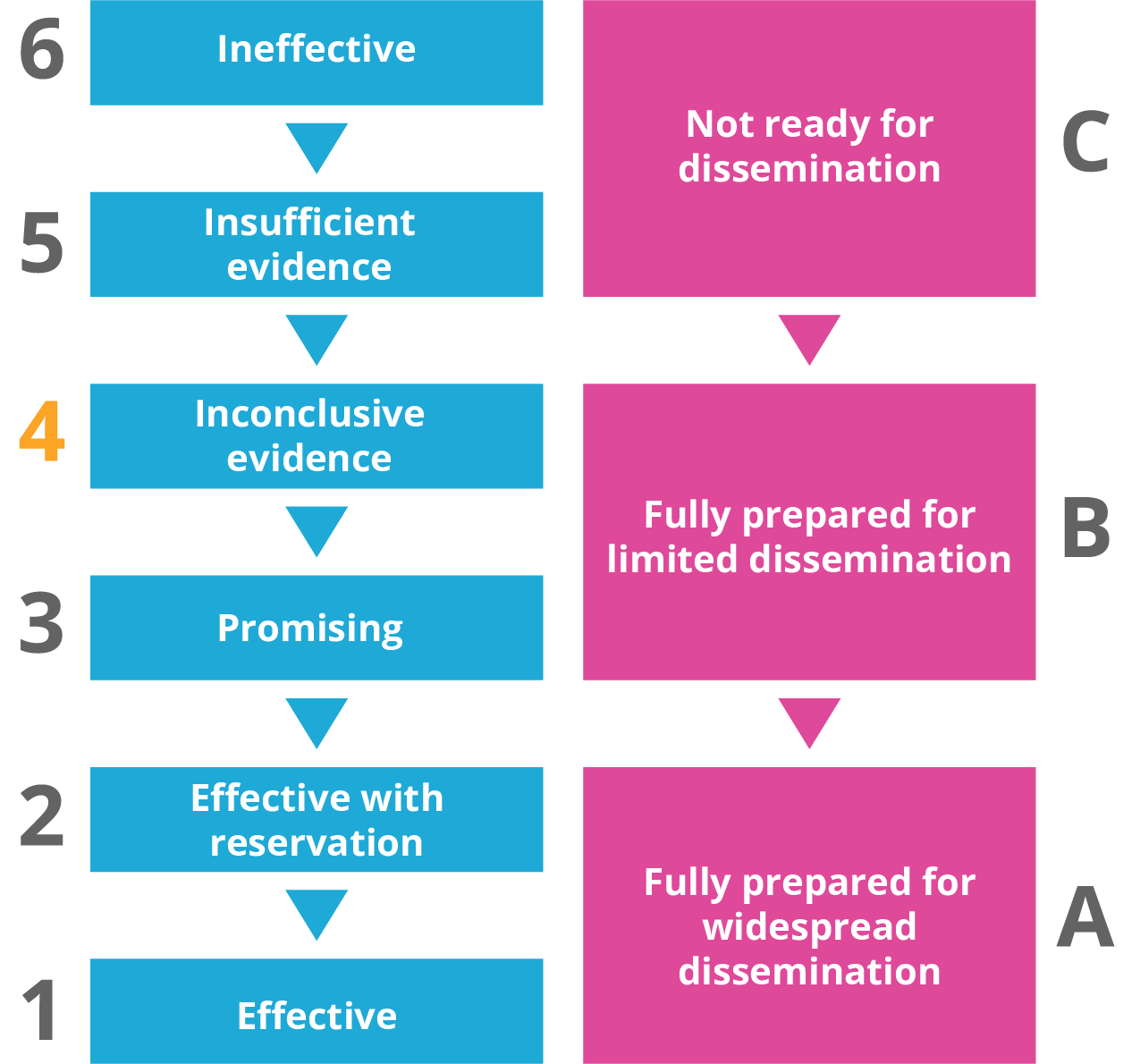Resource/Manuscript: “Healthy Young Minds: The Effects of a 1-hour Classroom Workshop on Mental Illness Stigma in High School Students”
DOI 10.1007/s10597-014-9763-2
Developer: Healthy Young Minds
Healthy Young Minds
1-hour Anti Stigma Classroom Workshop
The ‘Healthy Young Minds’ anti-stigma workshop was a single-instance school-based workshop developed by Ke. et al, and was delivered by two medical students to youth ages 14-17 in grades 9 and 10 in Vancouver and Surrey, British Columbia. The authors developed this program to address limitations of previous anti-stigma studies, ultimately seeking to streamline the process for designing and implementing school-based mental health programs while studying outcomes related to stigma. In-classroom implementation included video-contact with recovering patients, games, quizzes, and multimedia. At this time, the details of ‘Healthy Young Minds’ are only available in the academic literature. This webpage will reflect updates on the effectiveness and availability of ‘Healthy Young Minds’ as they emerge.


